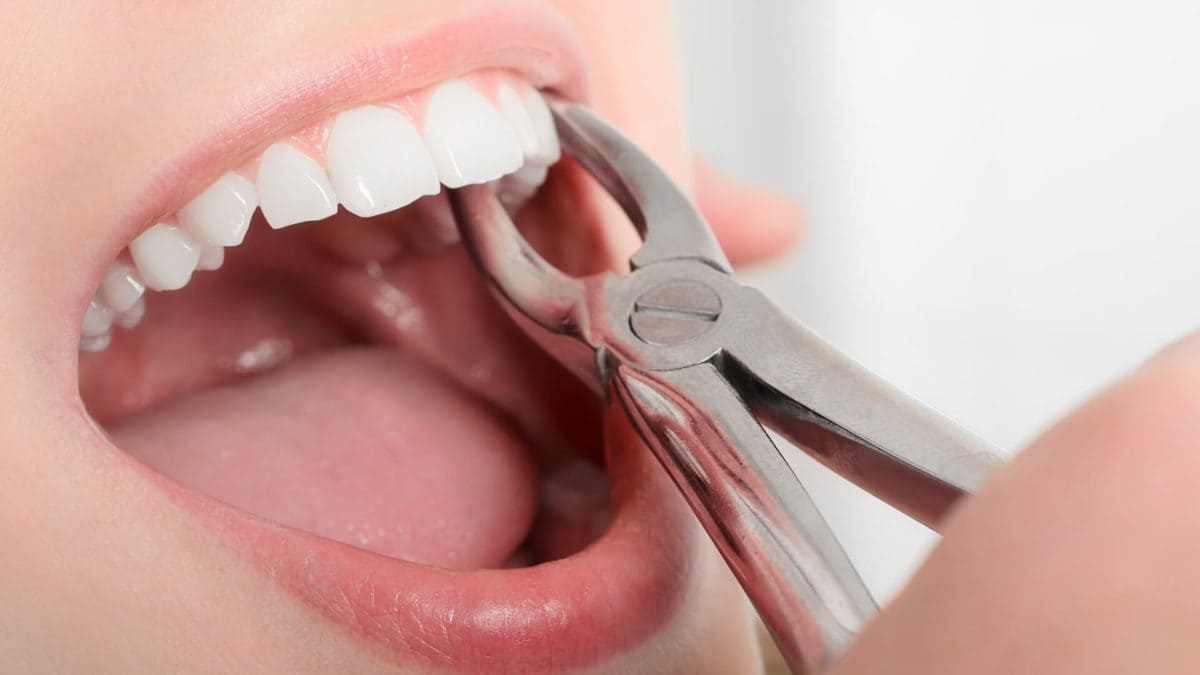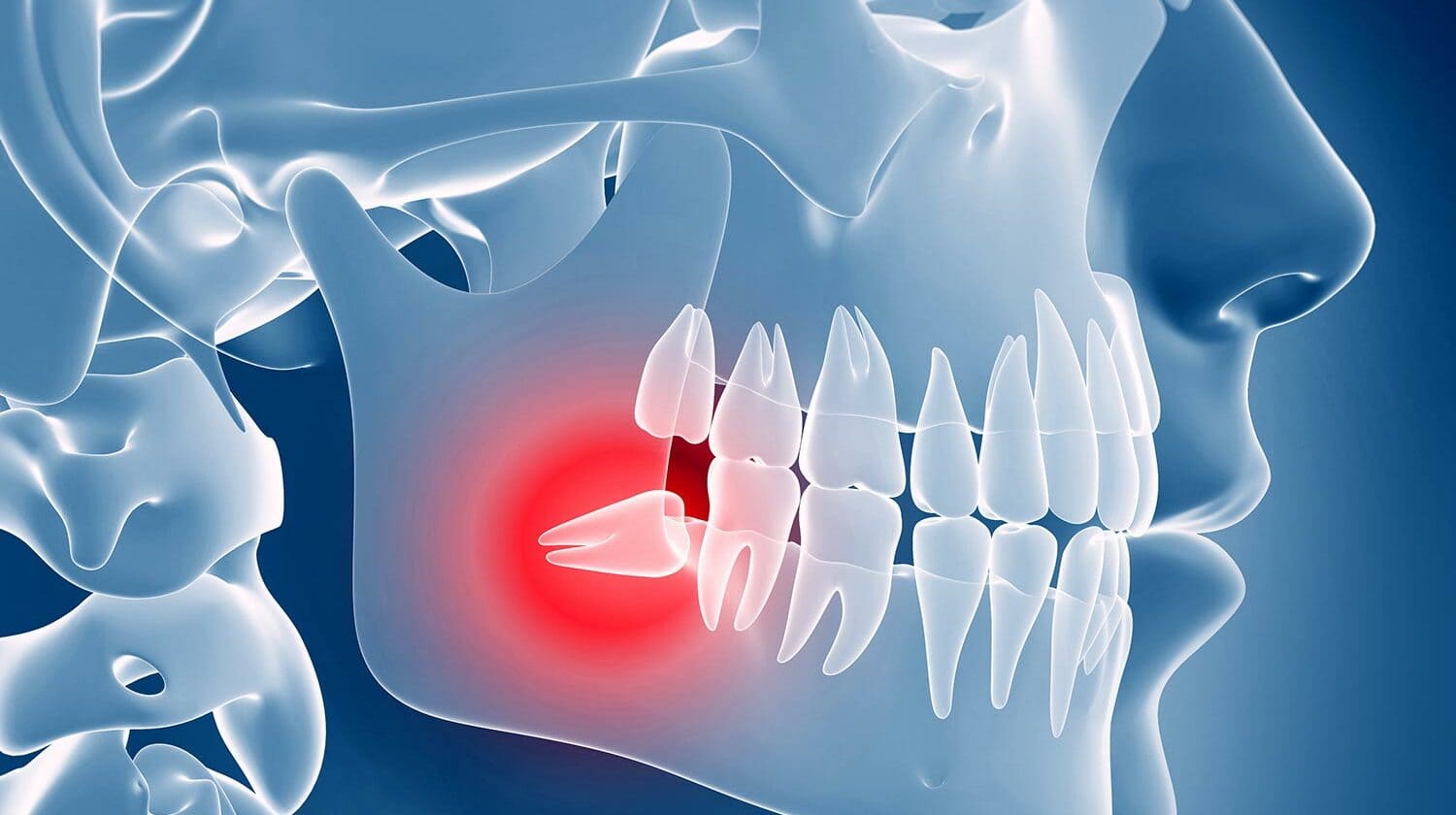- Mon - Sun 09:00 A.M - 09:00 P.M
- chettinaddentalhospital@gmail.com

Tooth loss can occur due to a variety of reasons :
Besides health problems, missing teeth lead to unsightly gaps in a smile. This affects appearance and decreases self-confidence. Tooth loss causes :

A crown is a hollow cap that is fixed onto a tooth and covers it entirely. It is used in cases where there is lack of tooth structure or for a tooth that is weakened by decay, damage or is discolored. They are also usually required after Root Canal Therapy. A crown can be placed to strengthen the tooth or to improve its appearance, shape or alignment.
A bridge is used to a fixed replacement for one or more missing teeth. Teeth neighboring the empty space are used as anchors to place a bridge. Crowns and bridges may also be fixed upon dental implants.
We specialize in metal-free porcelain crowns and bridges that are translucent and very closely resemble your other natural teeth. Being metal-free, there is no ugly grey line at the edge as seen in the case of older metal based crowns.
We also specialize in Zirconium crowns and bridges that are durable and esthetic. We use this latest advanced technology in cosmetic dentistry with great results and its esthetics & strength is exemplary. The look of zirconia is so close to natural teeth that it is hard to tell the difference. It is also a very strong substance that can endure wear and tear. It allows light to pass through as a normal tooth would and that gives a natural look, unlike other metal cores that block the light.
Zirconium crowns have become the preferred choice for dental crowns.We employ sophisticated CAD CAM technology for precise and accurate crown and bridge work. Crowns and bridges are permanently fixed to natural teeth. They are very easy to maintain, just like brushing natural teeth, crowns and bridges can be brushed too.

Don’t let your wisdom teeth or teeth concerns obstruct your smile; Instead, let our extraction & wisdom teeth removal service help you with our cutting-edge equipment and techniques, we’ll make the procedure as painless as possible and have you back to your daily routine in no time.
Dental extraction is the process of removing a tooth from the mouth. There are various reasons for needing tooth extraction, such as when a tooth is severely decayed or damaged and cannot be restored. Impacted or problematic wisdom teeth are also commonly extracted. In some cases, permanent teeth may need to be extracted to make space for orthodontic treatment.
Our clinic offers extraction treatment for a variety of issues, such as badly decayed non-restorable teeth, root stumps, failed root canal treated teeth, impacted teeth, fractured teeth, and periodontally weak teeth. If you are experiencing severe tooth pain or have a broken down tooth, it may be necessary to have the tooth extracted. Wisdom teeth, in particular, are often removed by a dental surgeon, after a consultation and x-ray evaluation. During the extraction process, patients have the option to use local anesthesia or IV sedation. IV sedation is often preferred as it allows the patient to be relaxed and unaware of the procedure, while local anesthesia only numbs the area and the patient is fully aware of the extraction process.







